-
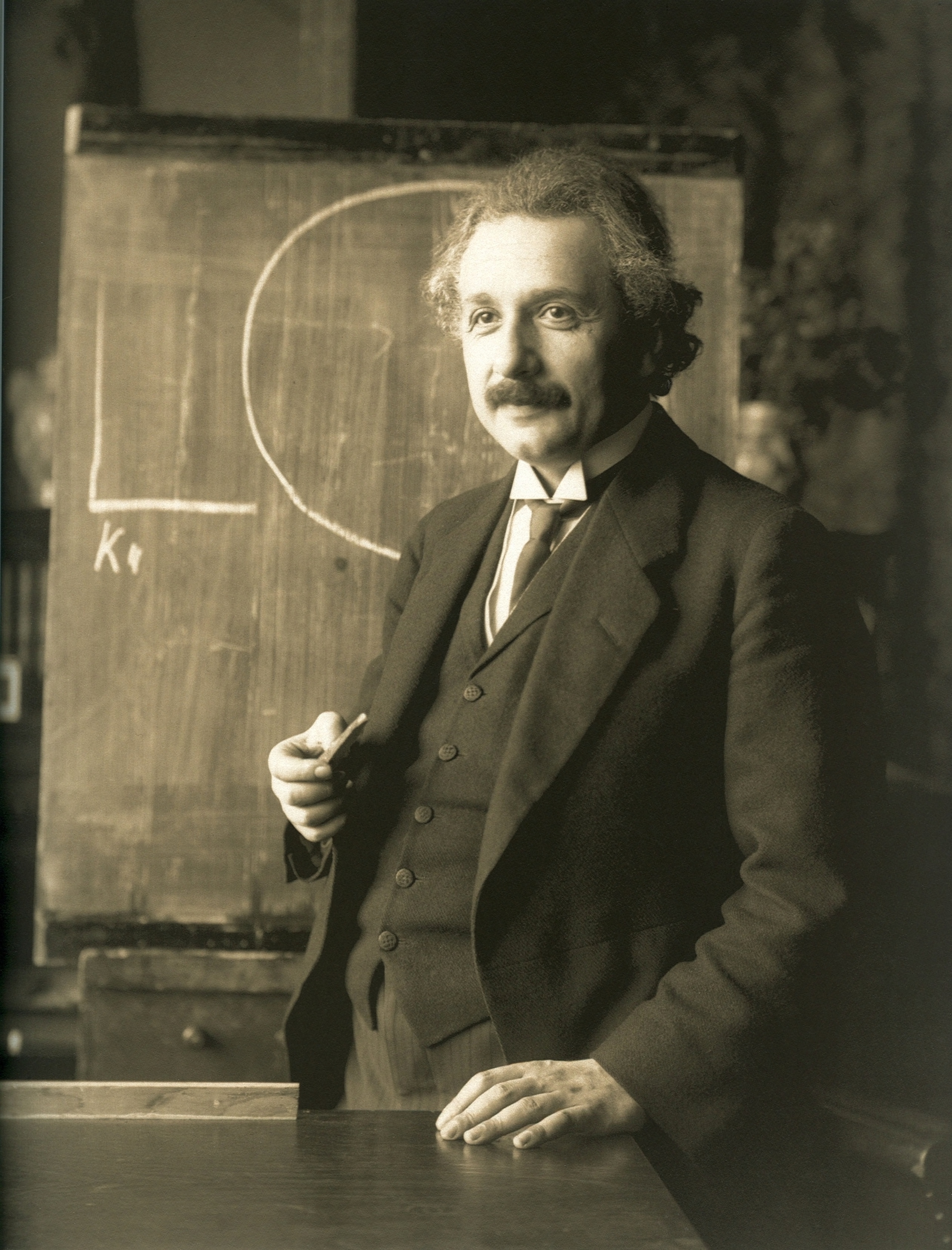
March 14: let’s celebrate Einstein’s birthday
Posted 10/03/2023 by Ian GallowayIf there is one equation known by the public, it is E=mc2. Created in 1905, the theory of Special Relativity has transformed our understanding of the Universe and the way it works. In that same year, 1905, Einstein explained the photoelectric effect by declaring that energy was quantized, for which he was awarded a Nobel Prize.
Read more... -
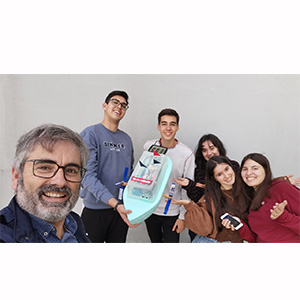
Will It Float? Turning the TI-Innovator™ Rover Into a Robot-Boat
Posted 23/01/2023 by Sónia ReisScience teacher Alexandre Gomes likes to think “out of the box,” and nothing pleases him more than to tinker with a device to make it do something more than what it was designed for. Why not turn the TI-Innovator™ Rover into a floating measuring station, for example? Gomes and five of his students at the Portuguese Oliveira Júnior school put their sailing caps on and adapted the device for movement on water.
Read more... -
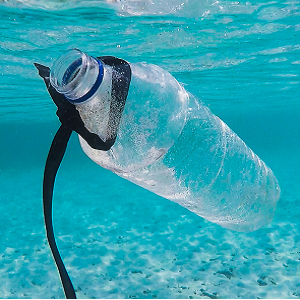
How To Use Real-World Environmental Issues in Class
Posted 02/06/2022 by Jessica Kohout (@MrsKohout)For World Environment Day, get your students problem-solving on real-world environmental issues.
Read more... -
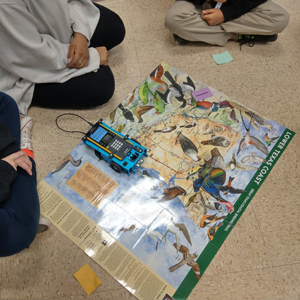
7 Ways Educators Can Use Robotics in Their Classes
Posted 05/05/2022 by Harshal S. ChhayaRobots are not just for robotics classes. They can enhance math, science and history, increase student confidence with technology and prepare them for 21st century careers.
Read more... -
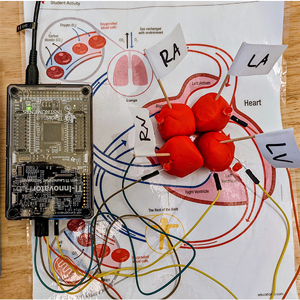
The Heartbeat of STEM
Posted 06/04/2022 by Jessica KohoutAre you interested in introducing your students to coding but are not sure how? Read about this heart-pounding STEM project that will get your students excited about programming.
Read more... -

Infrared Radiation and the James Webb Space Telescope
Posted 11/02/2022 by Ian GallowayThe James Webb Space Telescope has reached Lagrange point 2, one and a half million kilometers away, and is getting ready to explore the cosmos in the infrared part of the spectrum. Expansion of the universe means that after 15 billion years the light emitted by the earliest galaxies has stretched so that it is now in the infrared part of the spectrum. In this blog we focus on the discovery and use of infrared radiation.
Read more... -

Top 5 T³ Webinars From 2021
Posted 11/02/2022 by Sónia ReisThe start of a new year is the perfect time for setting new goals and prepping for the next few months of classes. Perhaps your goal is a large, year-long project, or maybe it’s a small, daily habit that you’d like to implement. Either way, one of the best ways to keep yourself motivated is by having a list. If professional learning is one of your goals, we’ve put together a list to help you get started. Here are the top 5 most watched T³ Webinars from 2021. These sessions are all free and available on demand. So, watch these recordings on your schedule and at your own pace!
Read more... -
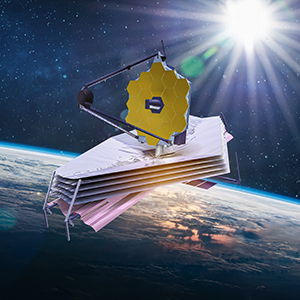
Challenges From Space: The James Webb Space Telescope and Lagrange Points
Posted 01/02/2022 by Ian GallowayOn January 23, 2022, the James Webb Space Telescope reached its destination. This highly complex instrument is taking advantage of a cosmic location discovered by Euler and Lagrange more than 200 years ago. Read on to see how you can incorporate this into a classroom activity to calculate the Lagrange points.
Read more... -
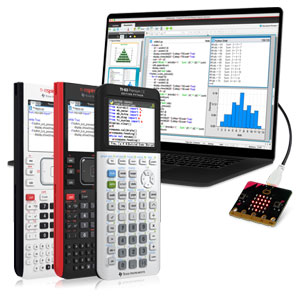
Best Practice From France: How To Start Programming With BBC micro:bit and TI Handhelds
Posted 06/07/2021 by Ludovia, article originally published in Ludomag.comProgramming and teaching students how to code are an important part of the transformation of education in France. Four years after the start of this process, and a global pandemic later, two observations can be made that are also valuable for other countries in Europe. Firstly, teachers are willing to take up the challenge, but they are still very much in need of support. Secondly, numerous projects have been launched with the help of new tools to support both teachers and students to understand these new concepts. Among these tools, BBC micro:bit is popular, as is the TI-Innovator™ Hub and the robotic vehicle TI-Innovator™ Rover.
Read more... -
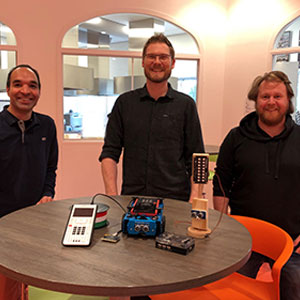
Computational Thinking for all students Dutch Leo Kanner school
Posted 13/05/2021 by Koen StulensThe aim of the Computational Thinking strategy at the Leo Kanner secondary school in Leiden is to teach children to approach problems logically and to use digital tools to solve them. To this end, the school organised a pilot programme using TI-Nspire™ CX technology. “An important plus is that you learn the basics of computational thinking through this technology,” says teacher Zeno van der Zalm. “We started small, but we are now in the phase where we are involving more teachers and subjects in the trajectory.
Read more...









